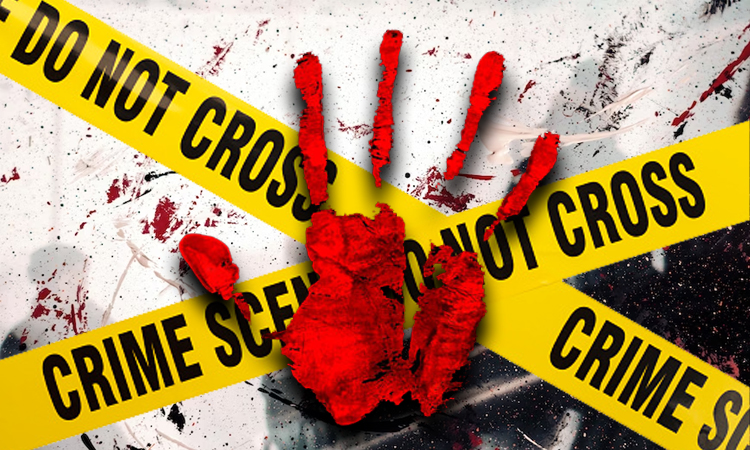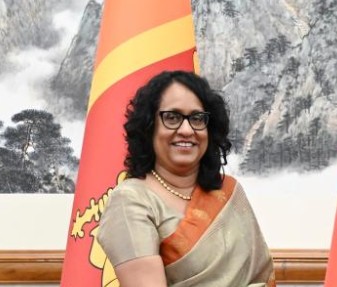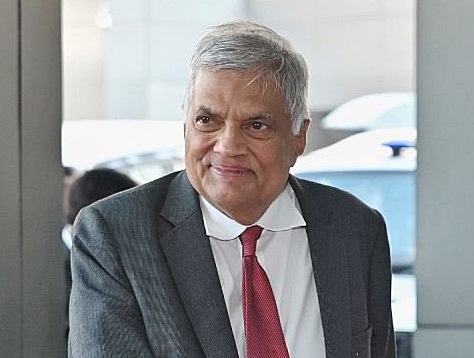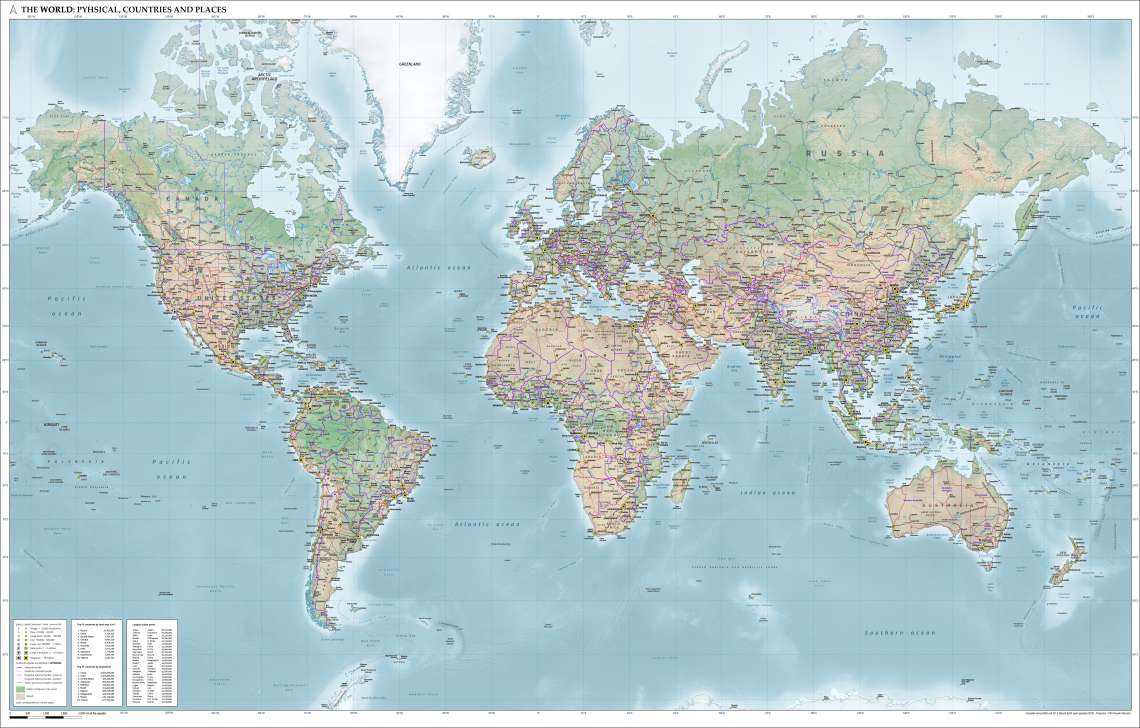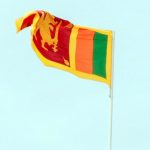Suspicions are mounting that the body remains may belong to civilians who disappeared during the brutal civil war between government forces and Tamil Tiger rebels, which raged from 1983 until its bloody conclusion in 2009…reports Asian Lite News
A baby’s feeding bottle, a squeaky toy and a schoolbag are among the haunting objects unearthed from a mass grave site in Sri Lanka’s war-scarred northern region, where investigators have recovered 141 skeletons so far, including those believed to be children.
The discoveries were made at a cremation ground in Chemmani, near Jaffna, the cultural hub of the country’s Tamil minority. The location is unusual because Hindus, who make up the local majority, typically cremate their dead. Excavations began in June after construction workers digging for an electric crematorium uncovered human remains. Initial testing pits revealed 19 bodies buried in shallow, disorganized graves at a depth of around 1.5 metres, prompting a full-scale investigation.
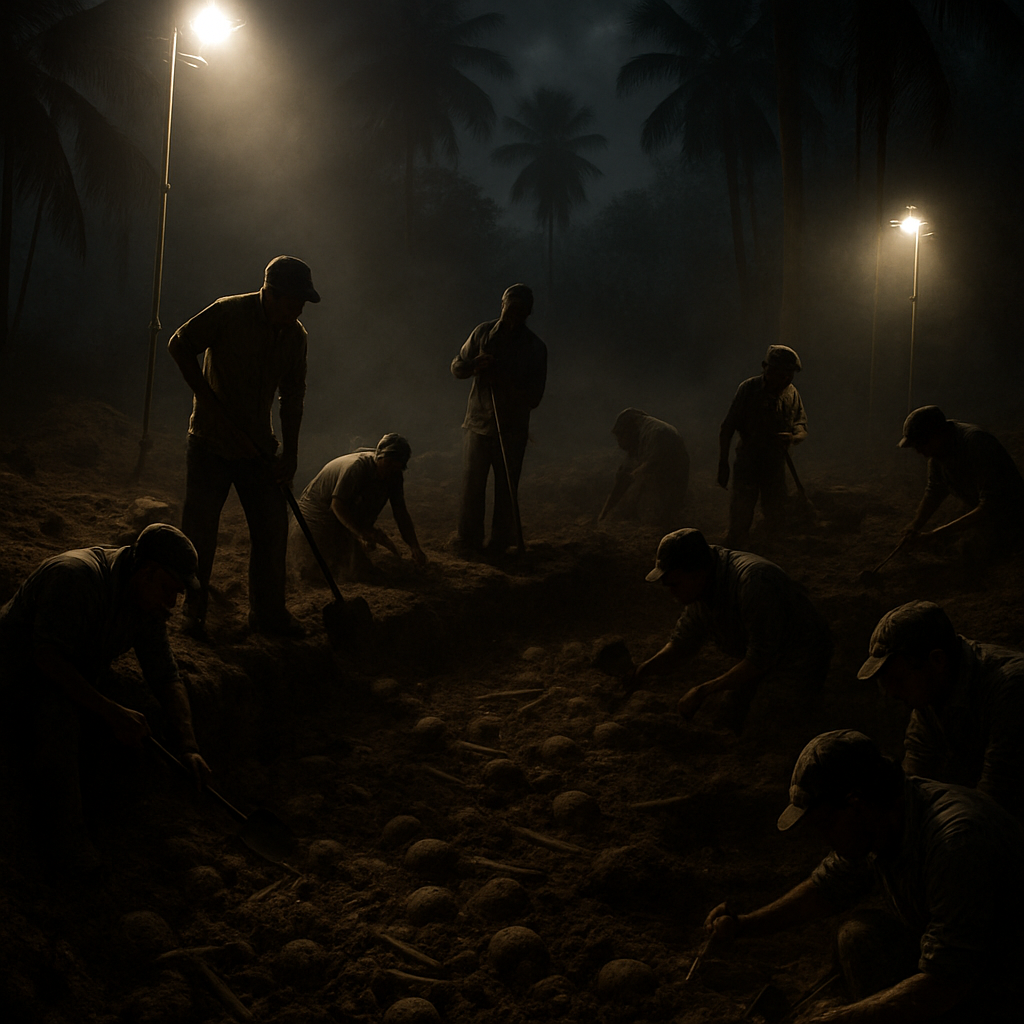
Since then, the site has been secured as a crime scene and expanded excavations have uncovered 141 skeletons across an area of 165 square metres. Of these, 135 were found without clothing. Children’s belongings were scattered among the remains, including dresses, socks, bead bangles and a tray of baby powder. One skeleton was confirmed to be a girl aged between four and six, found buried with a schoolbag. According to Arab News, investigators believe the absence of clothing and the haphazard nature of the burials strongly indicate this was a mass grave linked to Sri Lanka’s decades-long civil conflict.
The identities of the victims remain unknown, as does the exact timing of their deaths. However, suspicions are mounting that the remains may belong to civilians who disappeared during the brutal civil war between government forces and Tamil Tiger rebels, which raged from 1983 until its bloody conclusion in 2009. Chemmani was under tight military control for more than a decade after the army seized Jaffna in 1996, leading many to suspect the victims could be among those arrested at checkpoints and never seen again.
The discovery has reignited memories of an extraordinary confession made in 1998 by army soldier Somaratne Rajapaksa, who was sentenced to death alongside four others for the gang rape and murder of a schoolgirl and the killing of her family. Rajapaksa told a court that he knew of mass graves in Chemmani containing as many as 400 bodies. Though he led investigators to several burial sites in 1999, further probes were abruptly halted, leaving the allegations unresolved.
Families of the disappeared have flocked to view items recovered from the graves, displayed earlier this month in hopes of recognition. Many were left distraught. Amalanathan Mary Calista, whose husband vanished in 1996 after being detained by soldiers, wept as she explained that she had come hoping to find his clothing. “I only saw the clothing of little children,” she said. Others, like Sivanathan Selvamalar, recalled seeing loved ones blindfolded and taken away by the military, never to return.
A 2003 report by Sri Lanka’s Human Rights Commission documented 281 complaints of missing persons in Jaffna between 1990 and 1998, the majority of which were blamed on the military. No children were listed among the missing, raising disturbing questions about the newly discovered remains.
Human rights activists have renewed calls for a transparent investigation. Brito Fernando, who works with families of the disappeared, urged the government to establish a DNA bank to help identify the victims and to invite international forensic experts. “Only a proper investigation by the government can free its military from suspicion,” he said.
Excavations are expected to continue for another eight weeks. Ground-penetrating radar scans suggest that the cremation ground may conceal far more bodies, with anomalies detected across an area three times larger than the site already excavated.
The Sri Lankan army has denied involvement, with spokesman Brig. Waruna Gamage stressing that no formal accusation has been made against the military. “The excavations are ongoing and it is a civil matter belonging to the police and courts,” he said.
Both government forces and Tamil rebels have been accused of committing atrocities during the final months of the war. For grieving families still searching for answers, the grim discoveries at Chemmani may yet provide long-awaited proof, but also a painful reopening of wounds left by decades of conflict.


